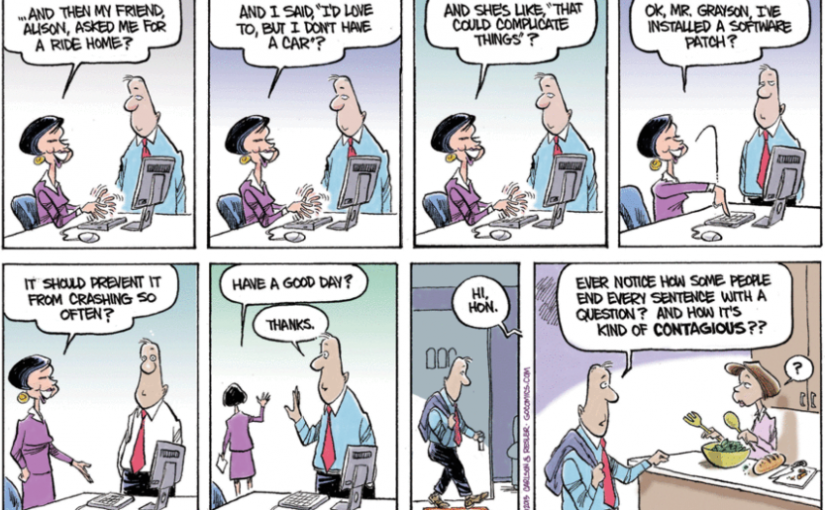This post pulls out a mistake from an essay from the Hoover Institute that is heavy-duty reading. If you’re looking for something with more, um, substance than your average internet article (Heavier than even something from Scientific American), go read it. It’ll take a while. It’s about system security (such as computers, national infrastructure, and so on) and it’s good. Here’s the link. Don’t say I didn’t warn you.
https://www.hoover.org/research/rubicon
Now having said all that, they spoil it (okay, some of it) by making an elementary error in grammar that introduces an ambiguity into something that ought not be ambiguous. The article is hard enough to follow already, (and most of the writing is actually fairly well done) so we don’t need more difficulties. Here’s the bad passage:
In the absence of purposeful disconnectedness at critical points, the mechanics of complexity then take hold so that we undergo “a switch between [continuous low grade volatility] to . . . the process moving by jumps, with less and less variations outside of jumps.”
Should that be “less and less variation,” or should it be “fewer and fewer variations”? At least they’re quoting someone else (Nassim Nicholas Taleb, “The Long Peace is a Statistical Illusion,” accessed January 23, 2018, http:// docplayer.net/48248686–The–long–peace–is–a–statistical–illusion.html), but they need to fix the grammar here so we have at least a chance to know what they mean.
I mentioned this error a couple times in the past. Here’s one link: http://writing-rag.com/1863/another-lesson-about-less-and-fewer/ You can find a few more if you do a search in the upper right corner of the page.


